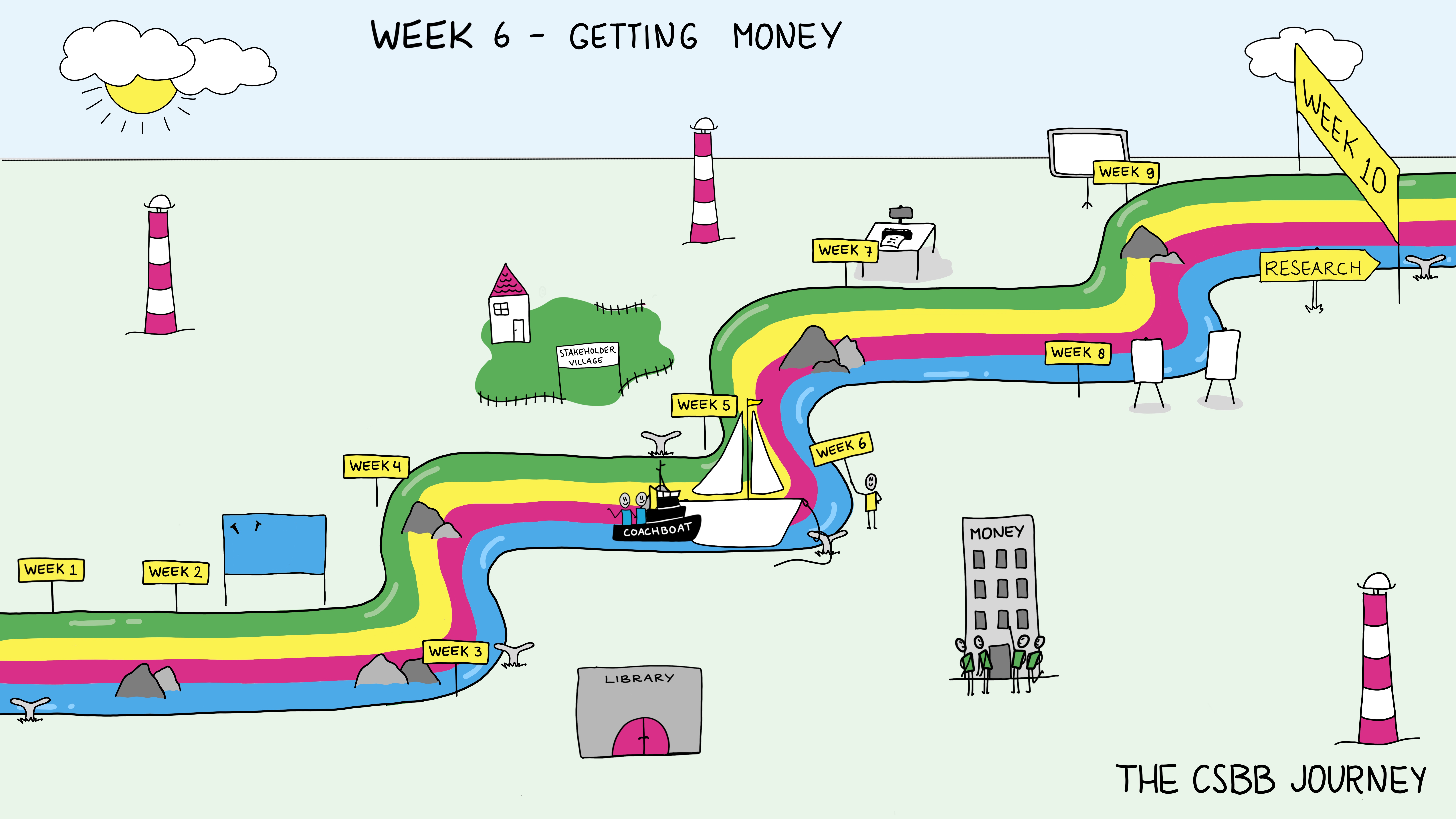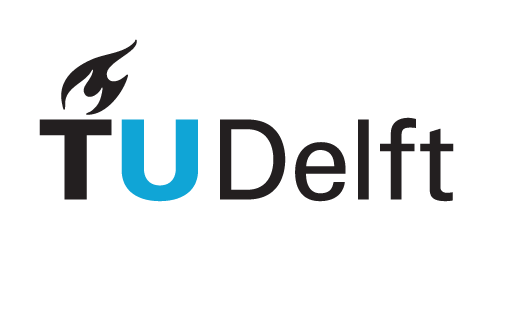
Week 1.6: Getting Money#
Research is expensive, especially lab-based research involving high-tech equipment, special materials, and people with specialized skills. And if you add animals, the price gets even higher. As we discussed last week, there are financial stakeholders funding research, including universities, governmental agencies, Industry, and special interest groups (foundations). The available money is limited and the number of applications and projects is high. One of your tasks as a scientist is to convince funders to pay for your research.
The main topic of this week is to discuss research funding and how to create a narrative for your ideas. We will discuss some of the more administrational sides of academia, such as how grant applications and research funding work. Further, you will learn the skills to tell the story of your research, and how to effectively use that story to convince people of the value of your project.
Monday:
Science Spotlight
Wednesday:
Workshop: Narratives
Friday:
Symposium
Workshop: Research Funding and Budgeting in the Lab#
Doing modern scientific research (especially biomedical) is expensive between personnel, facilities, equipment, materials. The workshop presents the role of grant funding in paying for scientific research. Additionally, the workshop includes the steps that need to be taken during grant applications and the people who are involved in each part of the process. Examples from real-life situations will be provided as well.
Budgeting in the lab: In the world of scientific research, budgeting is an essential skill that ensures the smooth operation and sustainability of your laboratory. This workshop is tailored to equip you with the knowledge and strategies necessary to effectively manage finances within the scientific setting. Successful research often hinges on prudent financial management. Budgeting in the lab involves allocating resources efficiently, prioritizing spending, and ensuring that the lab’s financial health aligns with research goals. Throughout this workshop, we will also explore the intricacies of laboratory budgeting. We will discuss how much research actually costs on a yearly basis, what is the price of a research paper and what you can do with a 1.5M grant. Who pays the salary of a researcher? What are the costs of chemicals? What are the costs of plasticware? Who pays for conferences that scientists attend?
Key concepts#
Grants from the state, research institutions, patient organisations, private bodies
Budget: Understanding how to distribute your budget across research projects, personnel, equipment, and supplies is vital for achieving research goals efficiently.
Cost Control: Learning to monitor and manage ongoing expenses, identifying cost-saving opportunities, and avoiding financial pitfalls are essential skills for maintaining a balanced budget.
Financial Planning: Developing a clear financial plan that includes short-term and long-term financial goals will help labs secure funding, make informed financial decisions, and ensure sustainability.
Learning goals#
Understand the steps that need to be taken when applying for funds and their importance in the entire process
Understand the key components of a laboratory research budget, including personnel, consumables, equipment, and institutional overhead.
Estimate and justify costs that align with the objectives of a scientific project.
Workshop: Narratives#
Humans like to process information through stories. Being able to create narratives is a valuable skill in communicating the relevance of your research to various audiences (grant reviewers, experts, stakeholders, and the public). In this workshop, you will learn how to create a narrative and how to make it work in your favour by highlighting the importance of your research ideas. You will learn about different narrative types and key ingredients of an effective narrative. At the same time, you will work on constructing narratives about your projects. You will discuss how to apply these narrative tools in the context of text (grant proposal, research paper), visual (poster presentation) and oral (presentations to stakeholders). Storytelling skills are taught in the context of funding applications and explaining your research to diverse groups of people.
Key Concepts#
Narratives and storytelling
Importance of narratives in obtaining research funding
Learning goals#
Theory of how narratives work in information processing
Present research ideas in a persuasive manner
Integrating narratives into reports and presentations about research topic
Adapting stories depending on their audience (readers/listeners)
Group activity of the Week#
It is important when developing a narrative to have a clear idea of what are the key elements to include. This week as you continue developing your project and proposal, think about the narrative elements you need to include. What are the most important things. This can help you communicate it better but also refine your research question.
Begin to Identify the things you will need to include in your proposal budget. This should be a list. It does not yet need to include how much they cost, but should include if you might need to pay for core facilities.
Discussion Questions#
What is the a story about your project? What do you think is important to include in a narrative about a research project?
Do you know enough to develop a narrative?
What do you bring as an individual to the story? What do others in your team bring to the research story?
Does creating a narrative to spotlight a specific result or approach of your scientific study conflict with scientific values such as objectivity, reproducibility, and transparency? How?
How is it to create a narrative collaboratively? How do you decide which ideas to include?
Do you tell yourself stories about the other people in your group?
How do you balance work on creating a narrative and the practicalities of budget development at the same time? What’s important to consider?
Weekly Submitted Assignments#
Group#
Identify and describe 3 ideas/themes in your project that should be included in your narrative for both presentation and grant application. Explain why they should be included. No more than a paragraph per idea.
Identify the main things you will need to include in your budget.
Individual#
What does it mean to feel heard? Which is harder for you, listening to others so they feel heard or being heard yourself? How are you working on this (½ page)
Note: This is also a reflection on your findings from week 4 on asking questions and listening to answers.
References#
Framing and the perception of scientific messages
For more in-dept information on the effectiveness of narratives in
health communication:
Graaf, A. de, Sanders, J., & Hoeken, H. (2016). Characteristics of
narrative interventions and health effects: a review of the content,
form, and context of narratives in health-related narrative persuasion
research. Review of Communication Research, 4, 88-131.
https://doi.org/10.12840/issn.2255-4165.2016.04.01.011
